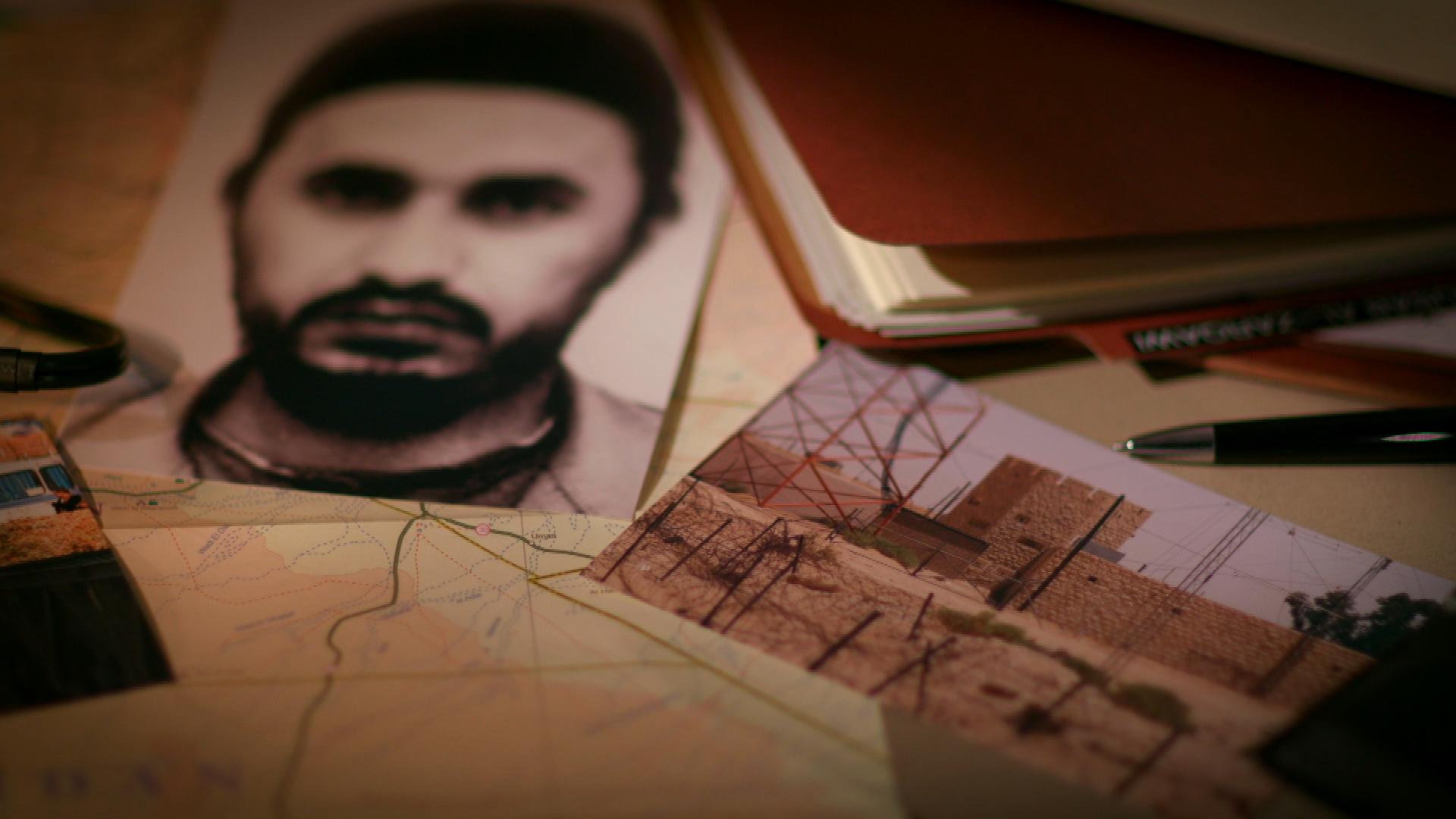His name was Abu Musab al-Zarqawi. A petty criminal who grew up in Jordan, the man who would one day found ISIS — and pioneer the blueprint for attacks like last week's wave of deadly car bombings in Iraq — was nicknamed “the green man” because of the tattoos that covered his body. He had a reputation for using drugs. There were even rumors that he had worked as a pimp.
But eventually, he would emerge from a five-year stay in a notorious Jordanian prison a jihadist firebrand, dedicated to the establishment of an Islamic caliphate — and as the below excerpt from the new FRONTLINE documentary, "The Secret History of ISIS," explores in detail, there was a moment more than a decade ago when former CIA insiders say they could have stopped him.
“This seemed like the perfect moment,” former CIA analyst Nada Bakos tells FRONTLINE of a window prior to the US invasion of Iraq when Zarqawi was operating out of a terrorist camp in Northern Iraq where the CIA had people on the ground.
“We literally had guys that were working for us that were inside the camp,” retired CIA operations officer Sam Faddis, who ran a kill/capture team, tells FRONTLINE.
Faddis, Bakos, and others in the CIA had been keeping an eye on Zarqawi, who after leaving prison had trekked to Afghanistan in an attempt to meet Osama bin Laden. (He was rejected.) When Zarqawi shifted his focus to Iraq in the runup to the American invasion, the CIA marked him as someone who could cause chaos inside the country if the US were to take Saddam Hussein out.
So when the CIA had Zarqawi in their sights, their attack plan was fast-tracked to the White House — but President George W. Bush was told that hitting Zarqawi could cause a problem.
“I remember there were discussions about attacking various camps that we thought bad guys were hanging out in, and I think the one you’re referring to, we made a judgment that, let’s not start the war before we’re ready,” former Secretary of State Colin Powell tells FRONTLINE.
When word of the decision not to proceed reached CIA headquarters, the agents were stunned.
“Oh, I couldn’t believe it,” Bakos tells FRONTLINE. “We have a prime opportunity to take out a jihadist that we know poses a threat to our allies in addition to American forces once they invade.”
“There was nobody on that team who felt like Washington had made the right decision,” Faddis says.
oembed://https%3A//www.youtube.com/watch%3Fv%3D3tnFNwoxWn4
Zarqawi would go on to outmaneuver the American government until his death in a US airstrike in 2006, building the foundation for a brutal terrorist organization that would destabilize the Middle East and inflict violence around the world.
To learn more, watch "The Secret History of ISIS" starting Tuesday. The documentary, from veteran FRONTLINE filmmaker Michael Kirk, is an inside look at how the American invasion of Iraq and the decisions of two presidents helped to lay the groundwork for ISIS to grow into the world’s most feared terrorist group — and how Zarqawi developed what would become the ISIS playbook: fomenting sectarian violence among Muslims, stepping in to take advantage of power vacuums, and broadcasting brutality far and wide on the Internet.
The film also explores how Zarqawi’s successor, Abu Bakr al-Baghdadi, then followed Zarqawi’s method, and created a self-proclaimed Islamic state founded on brutal violence and fear.
"The Secret History of ISIS" premieres at 10 p.m. EST Tuesday on PBS stations and online. This article originally appeared on FRONTLINE.
